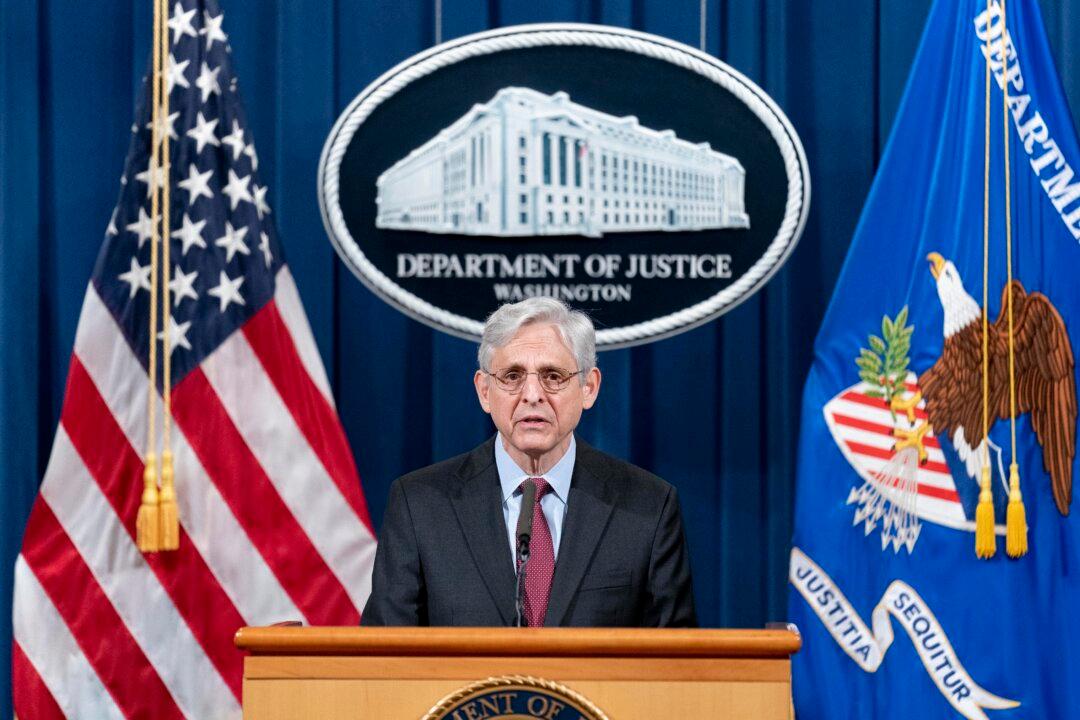Eight Republican senators aren’t happy that the Department of Justice (DOJ) is moving forward with amnesty for researchers who admit getting past funding from foreign sources.
“America’s successful research enterprise is built on reciprocity, integrity, and transparency. These values foster a free exchange of ideas and ensure that researchers and institutions receive the benefit of hard work,” the senators told Attorney General Merrick Garland in a May 5 letter made public on May 6.





